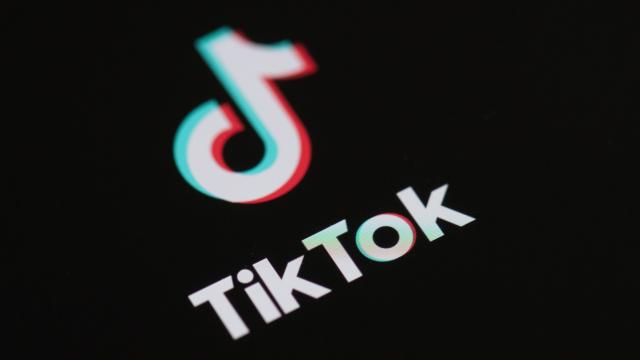The Trump administration’s battle against the imminent threat of Chinese apps finally reached a head late Thursday night when President Trump issued two executive orders ” one against TikTok and the other against the popular social messaging app Wechat ” essentially issuing a blanket ban on both of these companies’ US-based operations within the next 45 days. And just like every other statement Trump’s put out about these sorts of companies thus far, these orders were confusing, vague, and will almost certainly rankle tech companies on both sides of the international divide.
Like the other moves in this space, these bans are meant to be a salve for what the administration sees as shitty, invasive apps capturing data from the phones of US citizens. Whether that fear is legitimate or otherwise is really up to your personal interpretation, but until Trump irons out some of the, well… kinks in the order, it’s unlikely to do much to bolster our country’s national security, aside from making a bunch of cool teens very, very pissed off.
First, while the Trump team later clarified that the Wechat executive order was meant to single out the app specifically, the original order uses such hand-wavy language that many considered it a smackdown on the company’s Chinese parent, Tencent, along with all of its subsidiaries and investments. Considering the sheer boatload of gaming companies that Tencent is invested in, and how big some of those names are (looking at you, Riot Games), people were more than a little concerned about the possible impact on the gaming community writ large, not to mention the massive stake Tencent’s taken in other corners of the American entertainment industry. Even after issuing a clarification, the Tencent’s stock still dropped by tens of billions of dollars within a few hours of Trump’s team dropping the order.
Next, the orders specifically bar any “transactions” between Tencent, Bytedance, or either of the company’s subsidiaries. If we assume, conservatively, that this means financial transactions, it still has the potential to create a massive headache, solely by nature of how free-to-use apps operate. Because TikTok, like most platforms, is monetized by ads ” and because TikTok’s users are on the tail-end of that money making process ” the wording on this document makes it sound like even seeing an ad served through TikTok’s systems makes those users liable to pay a penalty.
And as we’d previously covered. TikTok’s been tinkering for roughly a year with an entire slew of tools to serve those same ads through other apps as well, without disclosing what those apps actually are to any of us. That means unless the current administration’s prepared to take a microscope to every app in the Apple or Google Play store (which might be kind of funny to watch), they need to be prepared for letting these “transactions” slip through the cracks.
Considering how there’s already been an addendum just a few hours after this thing rolled out (again, on a Thursday night in Washington), it’s likely this bit of digital privacy theatre will be subject to more changes down the road]. But maybe they should’ve thought about that before setting these documents loose on the now angry gamers, influencers, teens and tech critics the world over.
